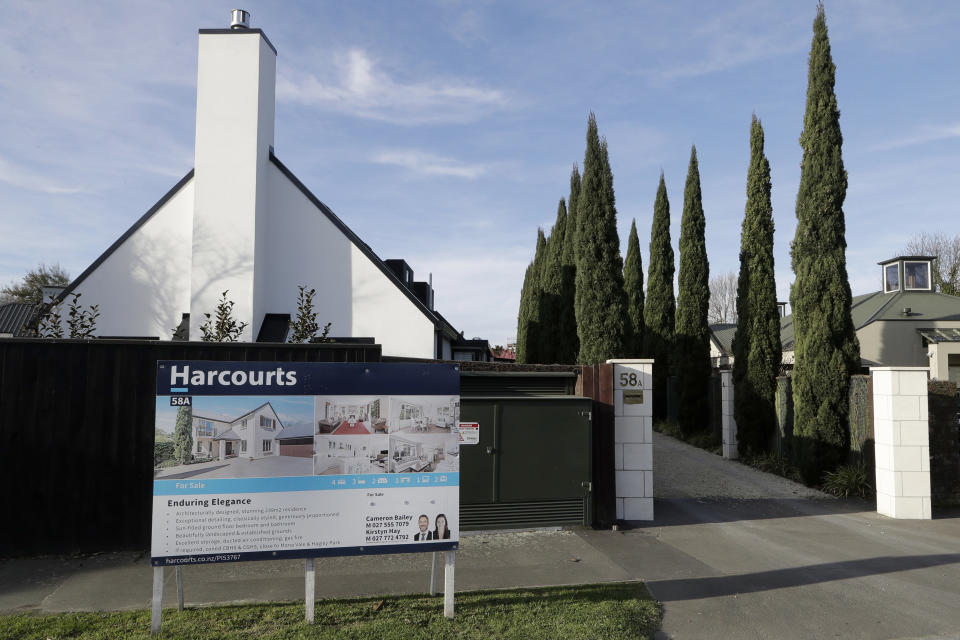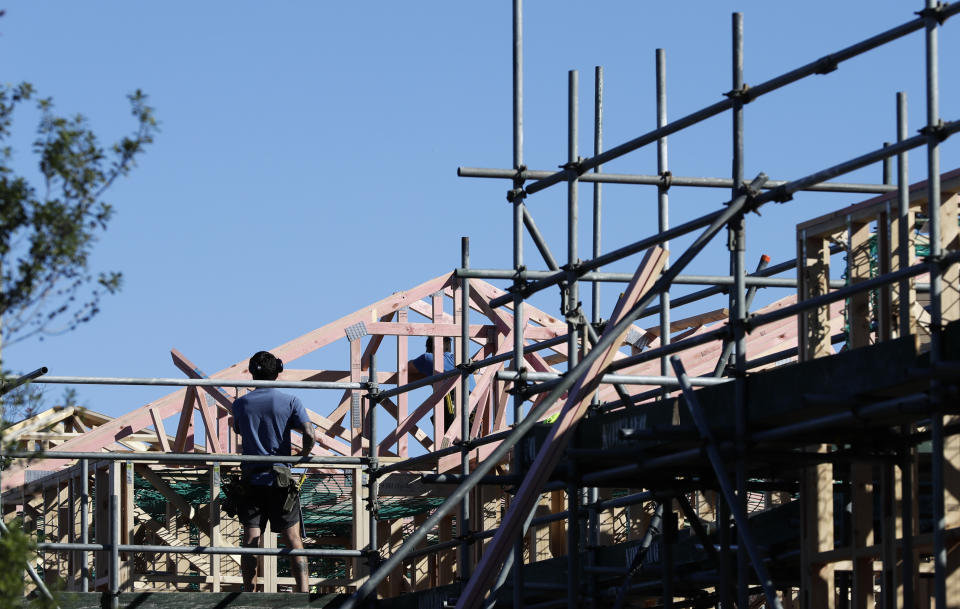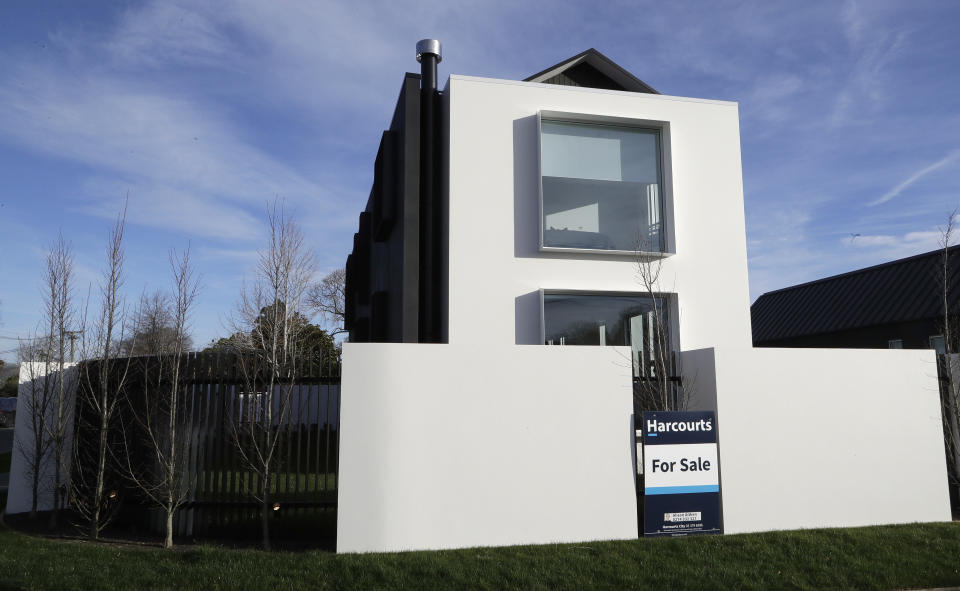WELLINGTON, New Zealand (AP) — New Zealand will drastically ease zoning restrictions in a bid to “flood the market” with land for homes and override the powers of local councils to curb development, the nation's housing minister said in announcing reforms to what he called one of the world’s least affordable housing markets.
“It’s about allowing maximum choice and opportunity for people to build and develop,” said the minister, Chris Bishop, in a speech in Auckland this week. “Let’s get away from the idea that planners can plan our cities and let actual individuals and families decide how they live their lives.”
The new measures would require local councils — which decide what land in New Zealand is used for — to free up “bucketloads” of additional space for housing development, Bishop said. They must now accommodate the next 30 years of projected growth instead of the next three as is currently required.
Councils will also be barred from imposing urban limits on cities and forced to permit mixed-use development, with an end to rules mandating balconies and minimum sizes for apartments, in a suite of changes widely endorsed by analysts.
“It’s very easy for local councils to say no to growth because their residents don’t want it, because they don’t benefit from it, but the costs of those decisions are falling on central government,” said Stuart Donovan, a housing economist with the New Zealand thinktank Motu, who was speaking from Brisbane, Australia.
Bishop’s pitch that the market, rather than officials, should decide what and where homes are needed was a fresh attempt from a series of New Zealand housing ministers to resolve a chronic shortage of homes that has frustrated successive governments and marred the political fortunes of some. While two decades of runaway prices have eased since a 2022 peak, they remain far higher than before the COVID-19 pandemic and an average home costs eight times the average income.
The proportion of income spent on rent was higher in New Zealand than in any other country, Bishop said Thursday, citing research by the Organization for Economic Cooperation and Development, a grouping of mostly developed Western nations.
But in a country where housing stock is comprised overwhelmingly of single-family, standalone dwellings, efforts by lawmakers to cool prices before have at times been cautious. Favorable tax conditions have made housing the most popular form of investment in New Zealand, with half of all household wealth bound up in land and homes, according to the country's Reserve Bank — and some voters have rejected measures that would lower prices.



